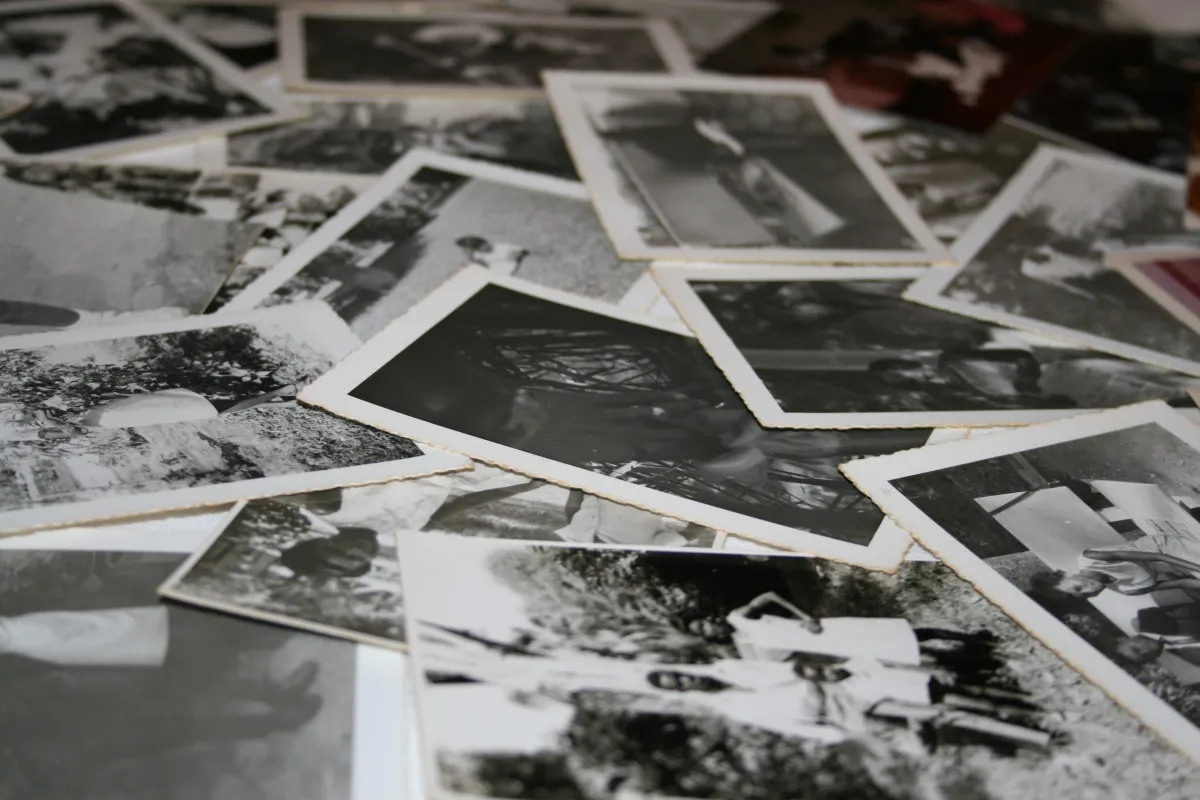Blog
How we think about mental health impacts our well-being. In these pages I offer my perspective - an African-centered, black-centered view of us and of what makes us well. an alternative path to healing both the personal and the collective.

Historical Ties That Bind
Historical trauma is trauma that is passed on from one generation to the next. Dr. Maria Yellow Horse Brave Heart – a Native American researcher, clinical social worker, and mental health expert – defines it as “cumulative emotional and psychological wounding across generations, including one’s own lifespan”. Historical trauma, sometimes called ancestral trauma or intergenerational trauma, is collective and results from large-scale traumatic events or situations that happen to entire groups of people based on some defining aspect of their identity. War, genocide, and slavery are some of the events that lead to historical trauma and can affect people who did not have direct contact with the events many generations down the line. It has long been recognized, for example, that descendants of the Jewish holocaust are affected by historical trauma. When it comes to the enslavement and oppression of black people (as well as other peoples of color) around the world, however, there is great resistance in acknowledging how this history may affect us today. We are told that this is old history, that we should move on and that the ‘benefits’ of our oppression far outweigh the suffering undergone.
Now, while I am not one to encourage anyone to dwell on their own victimization, I also know, as a mental health professional, that there can be no healing until we acknowledge the ways in which we have been hurt, whether individually or collectively. That is the beginning of the healing journey. Only then can we mourn the pain and loss and begin to rebuild our lives and communities.
We have, for a long time, understood the inheritance of trauma as a psychological and social phenomenon with patterns of behavior and even symptoms being passed down through socialization. What we did not know until the contributions of the relatively new science of epigenetics, is that it also happens at the biological level. When we go through a traumatic event, the effects of the trauma on our body can be imprinted in our genes and subsequently transmitted to our children, then to their children, and so on.
The collective trauma of slavery, colonialism and other forms of organized oppression perpetrated against black people all over the world is largely unrecognized, and even taboo, in mainstream psychology as well as in society at large. There are few spaces where we can talk about it without being immediately discredited. This makes it very difficult to process the trauma and transcend it. We push it out of our awareness in order to be functional in our day today. What is unconscious, however, always finds a way to manifest itself, usually in destructive ways, if not consciously faced. Freud talked about it in terms of traumatic re-enactment or repetition compulsion, an attempt of the unconscious to replay what’s unresolved, so that we can “get it right”. In historical trauma, this re-enactment happens across generations with unresolved traumas repeating in future generations. In her book, Post Traumatic Slave Syndrome, Dr. Joy DeGruy, an African-American trauma scholar, outlines how the history of slavery affects African-Americans today. Much has also been written on colonial trauma, so this phenomenon is vastly documented.
Historical trauma can show up in our lives and affect our mental health in various ways. It can express itself in negative patterns of parenting, in maladaptive behaviors that once helped our ancestors survive but are now causing us problems, in dysfunctional relationship patterns, beliefs about what is possible (or not) for us to achieve, and negative self-perception based on our ethnicity. It can also manifest itself as physical or mental illness. Many chronic illnesses such as chronic fatigue, fibromyalgia, auto-immune problems, insomnia, depression, anxiety, and migraine headaches are being found to stem from unresolved trauma.
The good news is that we can also positively affect our genes to reverse the effects of undesired genetic inheritance. The biggest epigenetic discovery to date has been that genes are not fixed, as previously held, but interact with our environment. By influencing our environment, we can influence our genes. We do this by making positive, healthy lifestyle choices, including psychologically healthy choices like taking steps towards healing past trauma.
It is also important to remember that not only traumas are passed on. Positive things, such as resilience and culture are also passed on from generations past. As we heal ourselves from the past, let us not forget to celebrate the gifts received from our ancestors!
Copyright © 2024 Yema Ferreira, All rights reserved.
